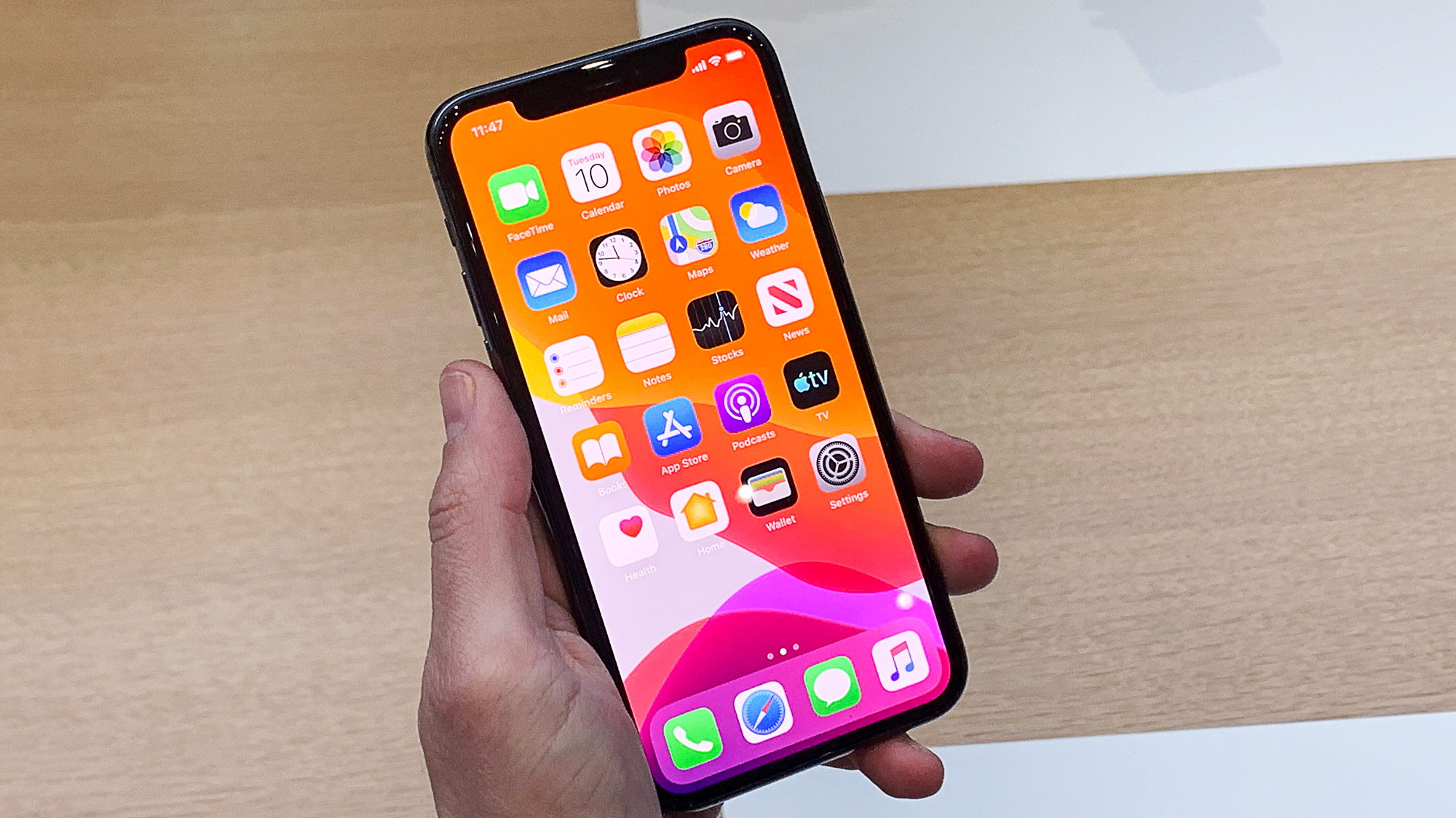

The Apple iPhone 11 Pro has now been officially announced and our colleague Gareth Beavis over at T3's sister site TechRadar has had some quality hands-on time with the new handset. These are his early impressions on the new iPhone, as well as some of our observations about the new flagship...
If you missed the announcement of the iPhone 11 Pro, it's worth watching the slick two-minute highlight reel Apple put together before getting stuck into the review. We also have a beat-by-beat report from the show last night that covers everything revealed on-stage, including the new entry-level iPad, Apple TV+ shows, and more, in a huge amount of detail.
- Apple Watch Series 5 is the sleekest, most polished Apple Watch yet
- Apple iPhone 11 announced with six shiny new colours
iPhone 11 Pro review: release date and price
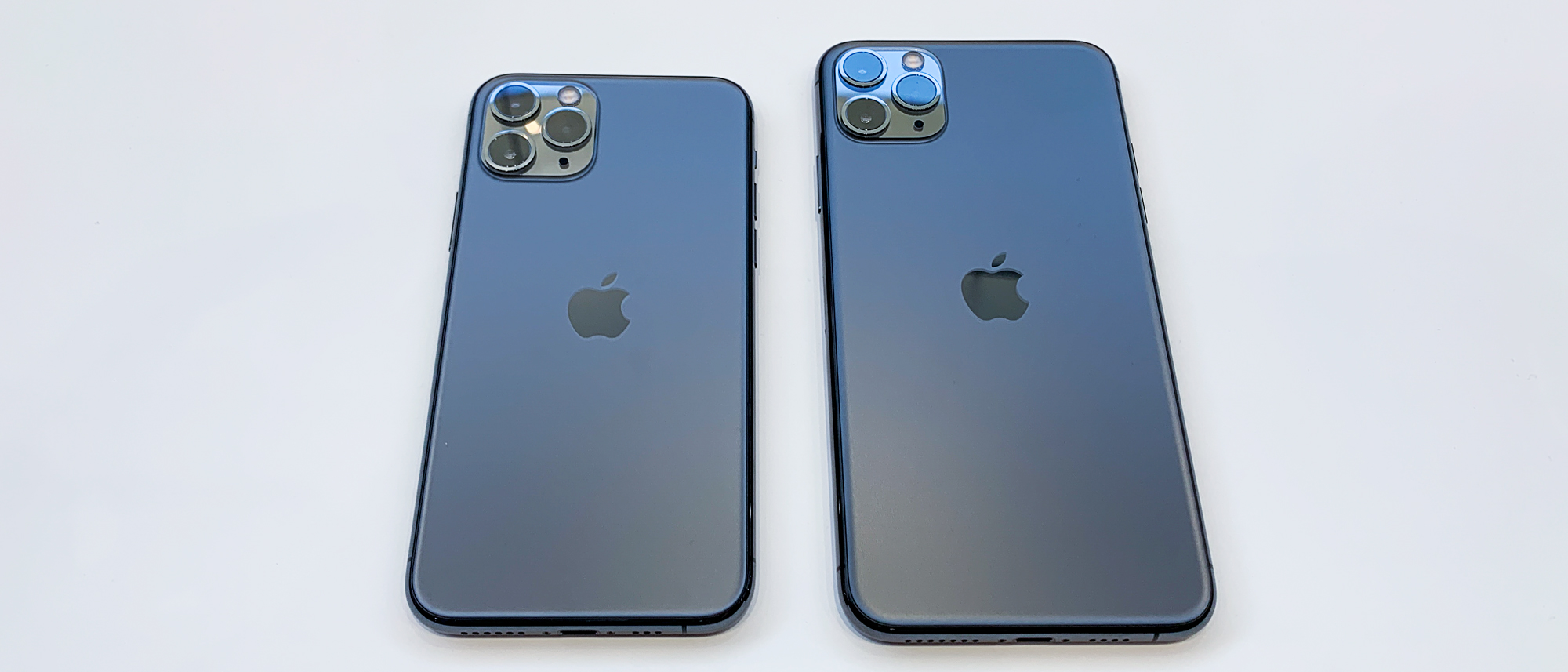
The Apple iPhone 11 Pro launch on September 20, 2019 with pre-orders opening a week earlier on September 13 for most countries around the world.
The iPhone 11 Pro is available in two screen sizes – the 5.8-inch Pro and 6.5-inch Pro Max. These are the same dimension as the iPhone XS and iPhone XS Max last year.
In the United States, the 5.8-inch iPhone 11 Pro starts from $999, while the larger 6.5-inch iPhone 11 Pro Max starts from $1,099. That's the same price as the iPhone XS and iPhone XS Max last year. However, the UK prices have creeped-up in the last 12 months, with the iPhone 11 Pro now starting from £1,049 (up from £999) and iPhone 11 Pro Max starting from £1,149 (up from £1,099) this time around.
And those are just for the entry-level 64GB models. The iPhone 11 Pro range is also available in a hefty 256GB and 512GB storage configuration, however there is no 128GB model this year. These variants can rise to $1,349 (£1,399) for the 512GB iPhone 11 Pro, and $1,449 (£1,499) for the 512GB iPhone 11 Pro Max.
iPhone 11 Pro review: design and screen
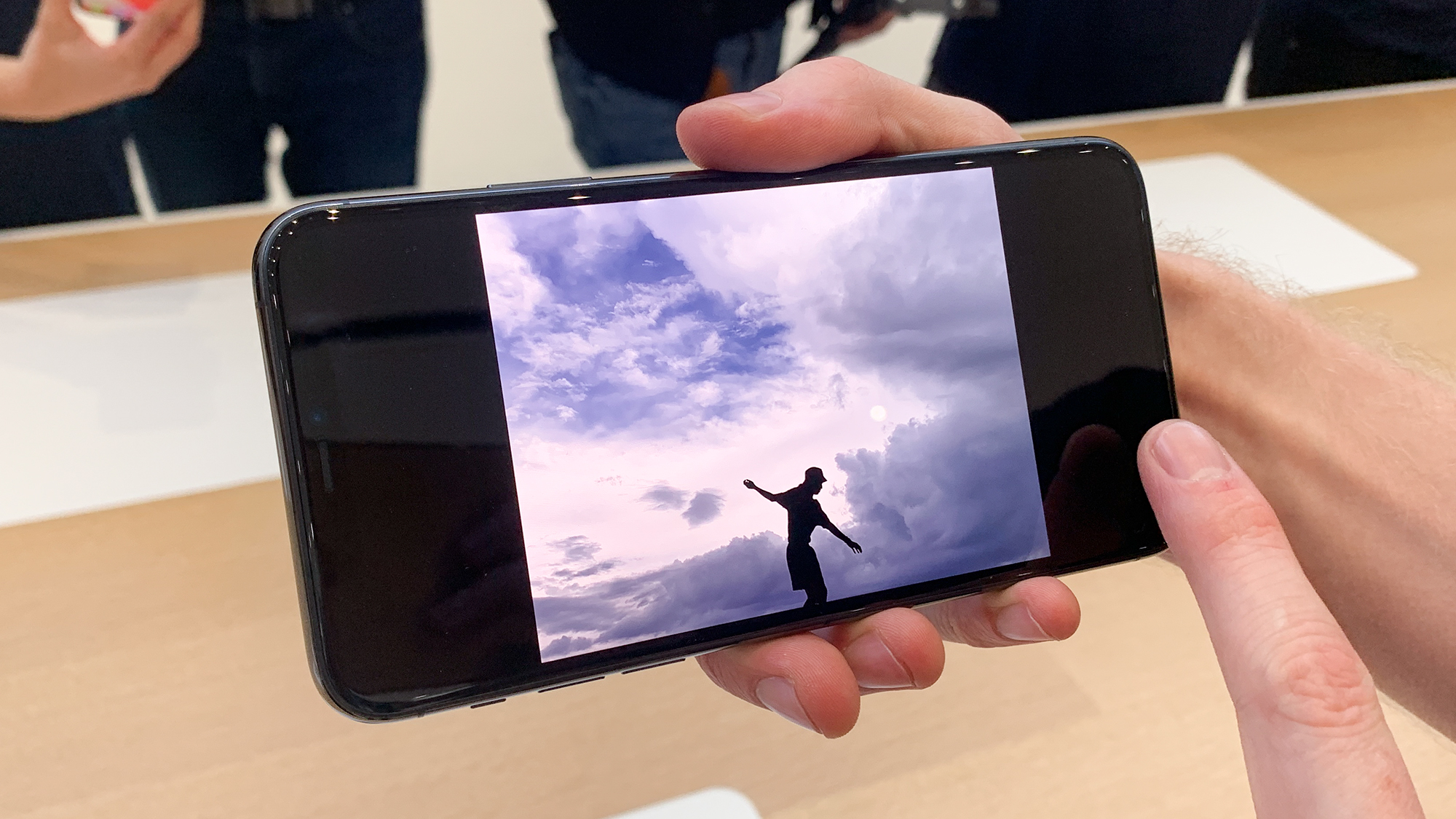
Unsurprisingly, the design of the iPhone 11 Pro has hardly changed from last year's iPhone XS. The handset's shiny metal edges bend away from the palm when in the hand, while the 5.8-inch screen continues to be eaten into by the top-centre mounted notch.
Sign up to the T3 newsletter for smarter living straight to your inbox
Get all the latest news, reviews, deals and buying guides on gorgeous tech, home and active products from the T3 experts
At the bottom of the handset two perforated grills remain, too, one of which packs a speaker — the other is there to keep things looking symmetrical.
Despite these similarities, it is not fair to say that the iPhone 11 Pro looks identical to last year, as when the phone is rotated and its frosted matte finish becomes viewable, the aesthetic difference is marked and, apparently, the phone feels better in the hand.
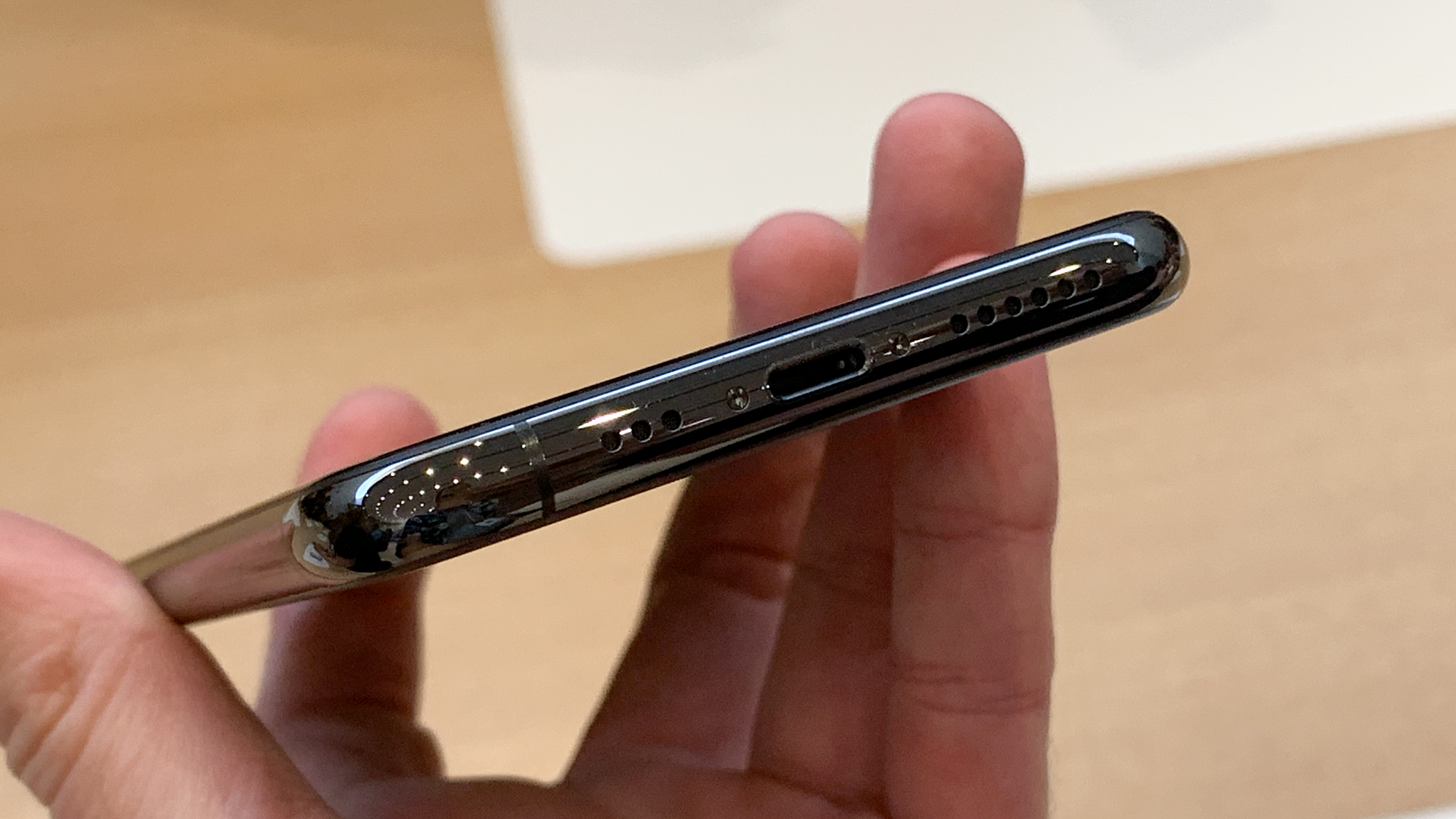
The new iPhone 11 Pro houses the same Lightning connector as the past few years. Some commentators were expecting a shift to USB-C, as adopted by the new iPad Pro and MacBooks, and as evident on basically all new smartphones produced today.
That, though, didn't happen, and Apple are likely saving that until next year for when its 2020 range of handsets, which should also include an iPhone 5G. Next year is also when a marked design change is expected.
iPhone 11 Pro review: battery and camera
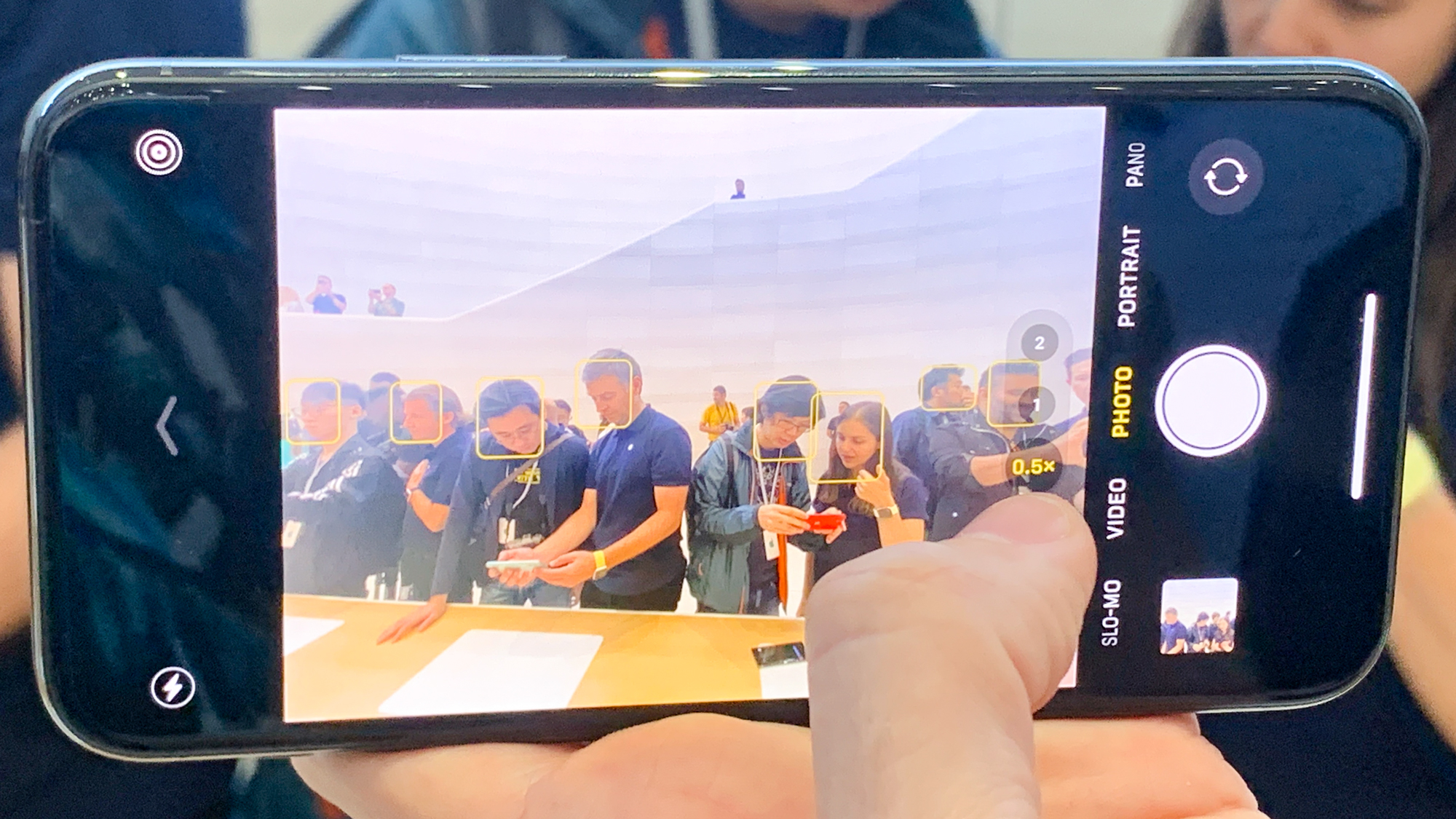
Apple made the iPhone 11 Pro's new camera system the focus point at its unveiling and the tech is likely to be what attracts most people to the phone.
The rear camera array consists of three cameras, which each have 12MP sensors. There is a main 12MP wide lens, a 12MP ultra-wide angle shooter, and a 12MP 2x optical zoom, which is only a 4x zoom when you factor in the ultra-wide lens to telephoto lens transition.
Aesthetically, this new camera system protrudes out from the back of the case via a large, square bump. It is needed now, apparently, because there are three sensors and a flash module in the mix, too. According to Apple this means users get a slimmer device as well as the powerful new cameras.
It is fair to say, though, that it is impossible to say these cameras look attractive, and that it would be infinitely preferable if the whole rear camera assembly sat flush with the back glass. Design really matters to many users, so it will be interesting to see what the mass market thinks.
In terms of actual picture quality, the images taken by the phone were sharp, and when shooting during his hands-on in a bright, clear environment, the results looked very impressive. Naturally, he is quick to point out that shooting time was limited, and no real-world, extensive testing was undertaken.
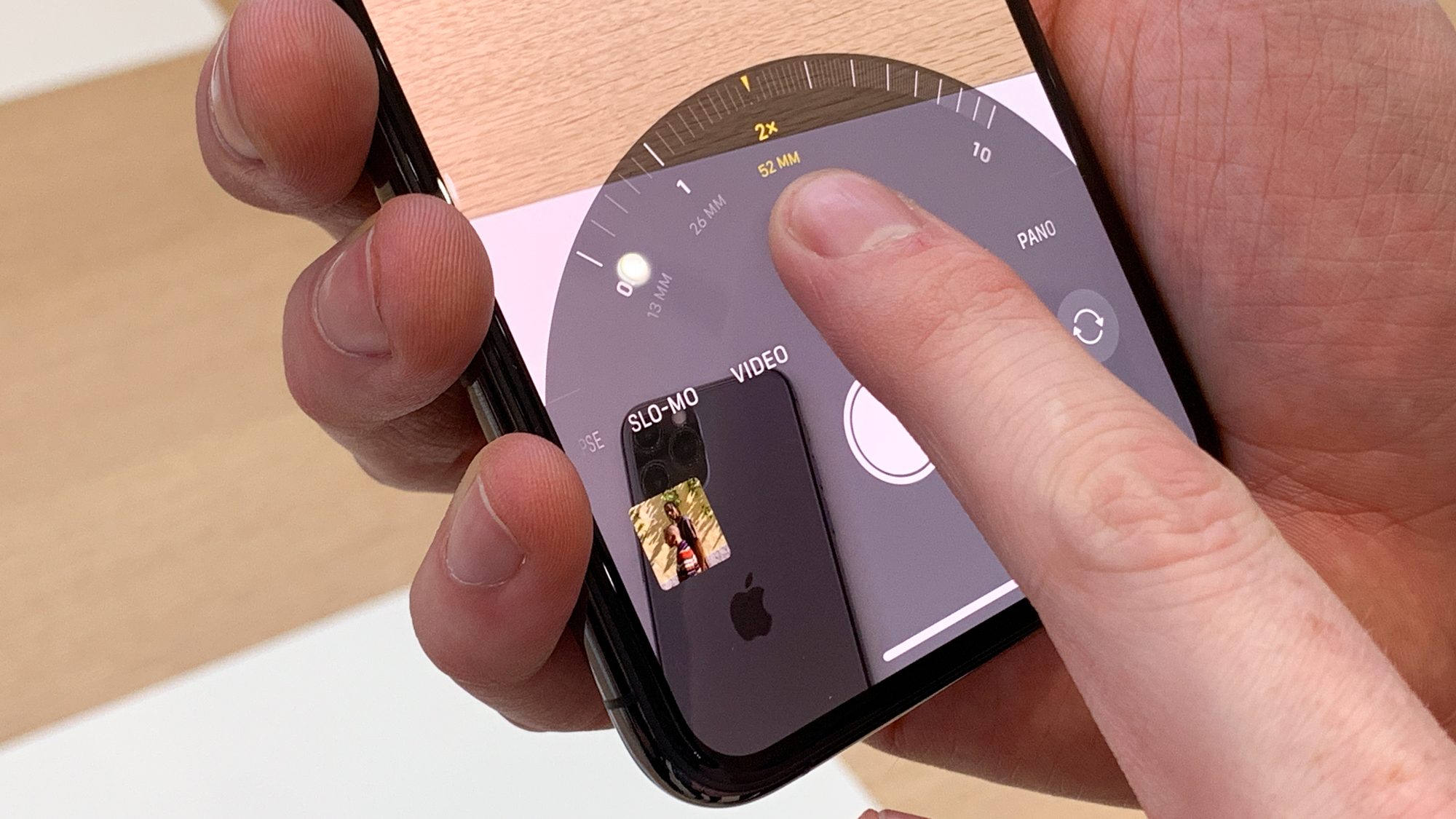
The background defocus mode, which Apple refers to as Portrait, now has a high-exposure mode which allows users to create even more clear-cut exposures than before. In addition, the results are sharper and more studio-looking than the last generation of devices, too, with better masking and background-foreground identification.
This is, apparently, due to the Neural Engine built into the iPhone 11 Pro's A13 Bionic processor. This is also the tech that means the new iPhone 11 range has better low-light performance when compared to the iPhone X and XS. Importantly, though, it may still not be a match for Google's Night Sight. We'll just have to wait and see.
It is important to note also that we experienced a small amount of judder when flipping between the phone's various different lenses. That is not unique to Apple phones, but that it did reduce the overall effect a bit.
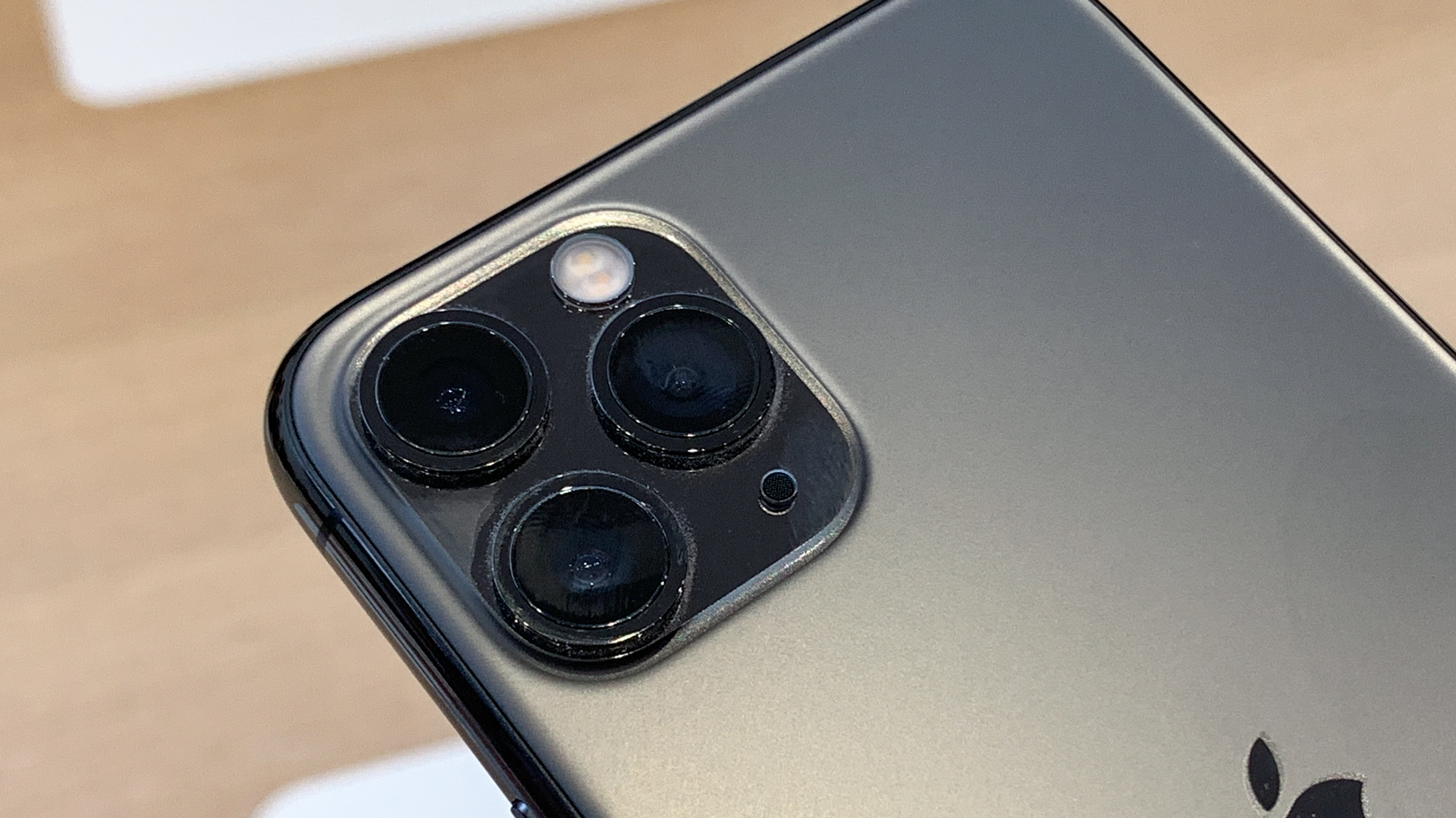
In terms of battery life, we could not report back on the validity of Apple's estimate of 18 hours of use. The maker stated in the phone's unveiling that the iPhone 11 Pro has four more hours battery life than the iPhone XS, and the iPhone 11 Pro Max lasts five hours more than the iPhone XS Max. Whether or not these claims are true will, for the moment, have to remain unanswered.
iPhone 11 Pro review: performance and iOS 13
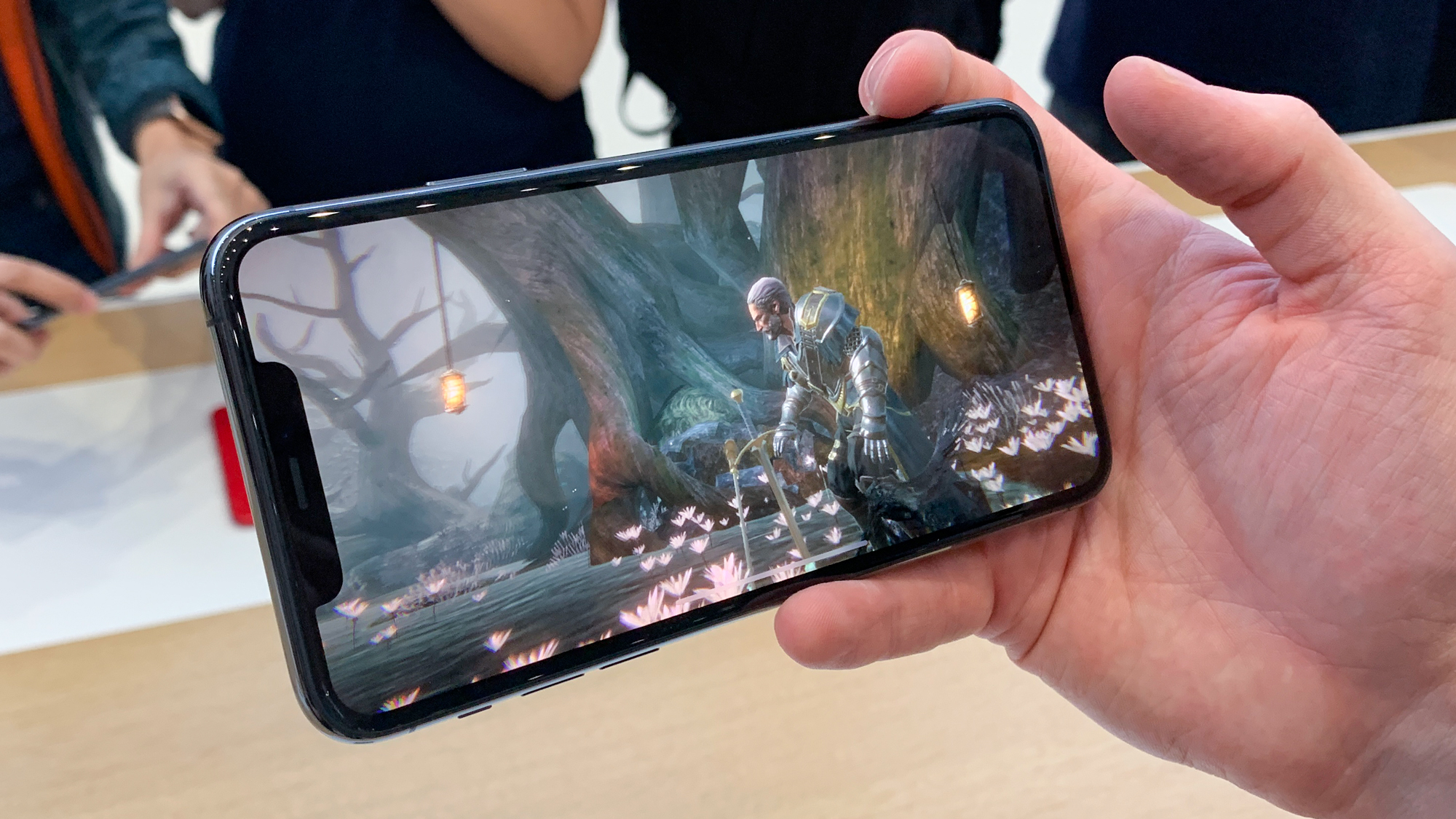
Naturally, the new iPhone 11 Pro is the showcase for iOS 13, which brings with it new features to the device and works optimally with its A13 Bionic processor.
The performance of the phone with this hardware and software combo is something that Apple is keen to talk about, and especially so when it comes round to gaming. Right now the iPhone 11 Pro is 'the fastest smartphone on the market' as its CPU and GPU scores blow everything else out of the water, including the Snapdragon 855 flagship Android chipset.
We experienced absolutely zero slowdown or issues when testing out the device, and were particularly impressed with the 60fps gameplay delivered when playing new Apple Arcade game Pascal's Wager.
What we didn't enjoy so much was the absence of a reverse wireless charging feature on the new iPhone 11 Pro. This had been rumoured to be dropped at the last minute before the unveiling as Apple couldn't get it to work as expected, so it's no-show came a bit of blow.
iPhone 11 Pro review: early verdict
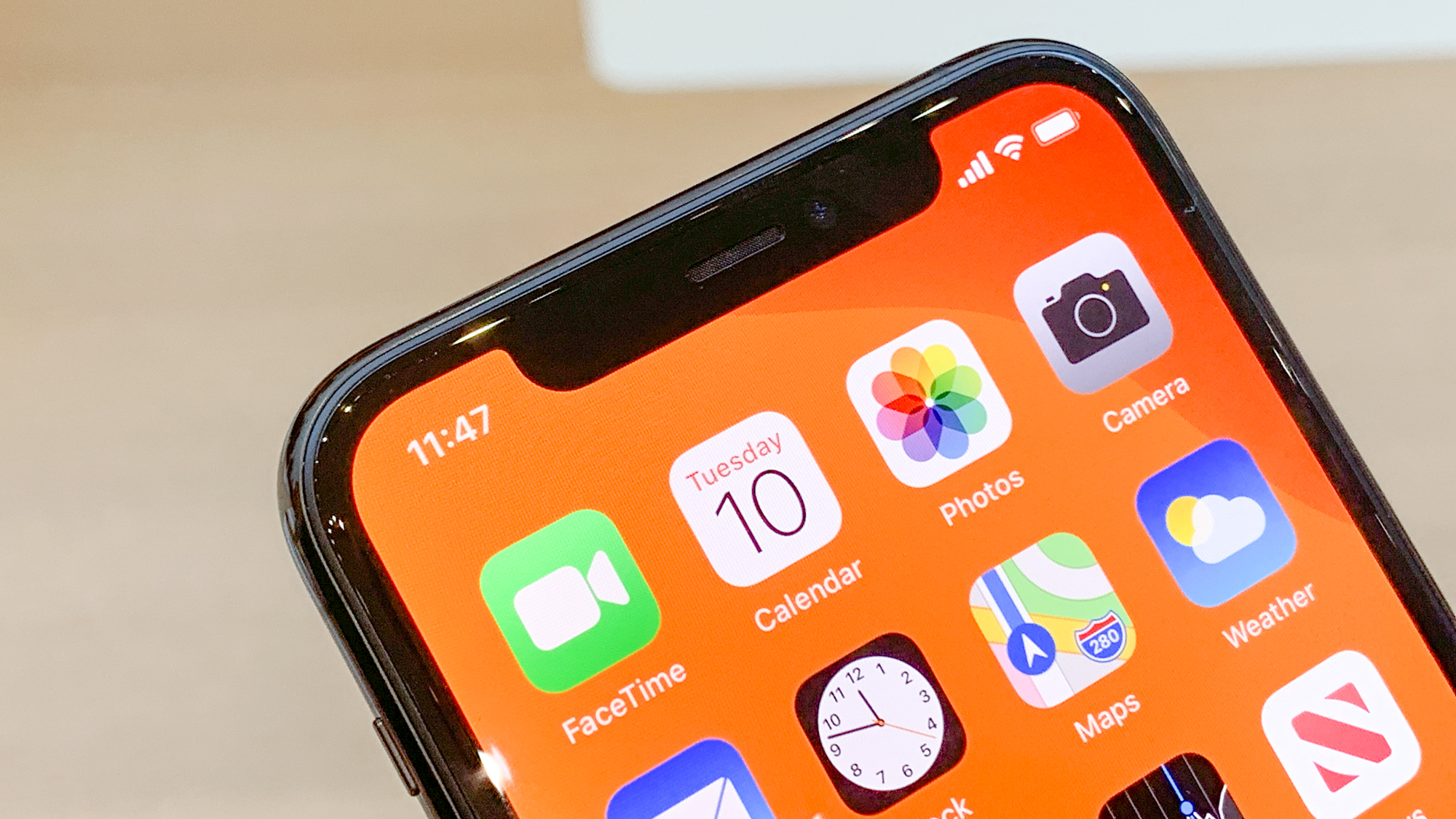
Overall, despite the Apple event being once more very slick, we are once more left with the impression that the new iPhone 11 Pro is not a huge jump forward in terms of technology.
This is not because the iPhone 11 Pro is a bad piece of technology, but because it lacks a headline feature that really stands out. Yes, the new camera system is an upgrade, but it seems to only just keep Apple in the mix in terms of quality and ability with its main rivals.
The iPhone 11 Pro is Apple's most powerful iPhone yet, but to be truly impressive it needs to offer something exciting to make consumers feel it will improve their life in some way - and the iPhone 11 Pro feels like a smoothed-out version of 2018’s iPhone XS with a nicer back.
T3 will shortly be reviewing the iPhone 11 Pro in full, so be sure to check back in soon for our official verdict. TechRadar's Apple iPhone 11 Pro hands on can be enjoyed in full, at your leisure, right now.
Rob has been writing about computing, gaming, mobile, home entertainment technology, toys (specifically Lego and board games), smart home and more for over 15 years. As the editor of PC Gamer, and former Deputy Editor for T3.com, you can find Rob's work in magazines, bookazines and online, as well as on podcasts and videos, too. Outside of his work Rob is passionate about motorbikes, skiing/snowboarding and team sports, with football and cricket his two favourites.
-
 3 overrated shoulder exercises, according to a fitness expert (and what to do instead)
3 overrated shoulder exercises, according to a fitness expert (and what to do instead)Sculpt 3D shoulders whilst minimising injury with these three alternative exercises
By Bryony Firth-Bernard Published
-
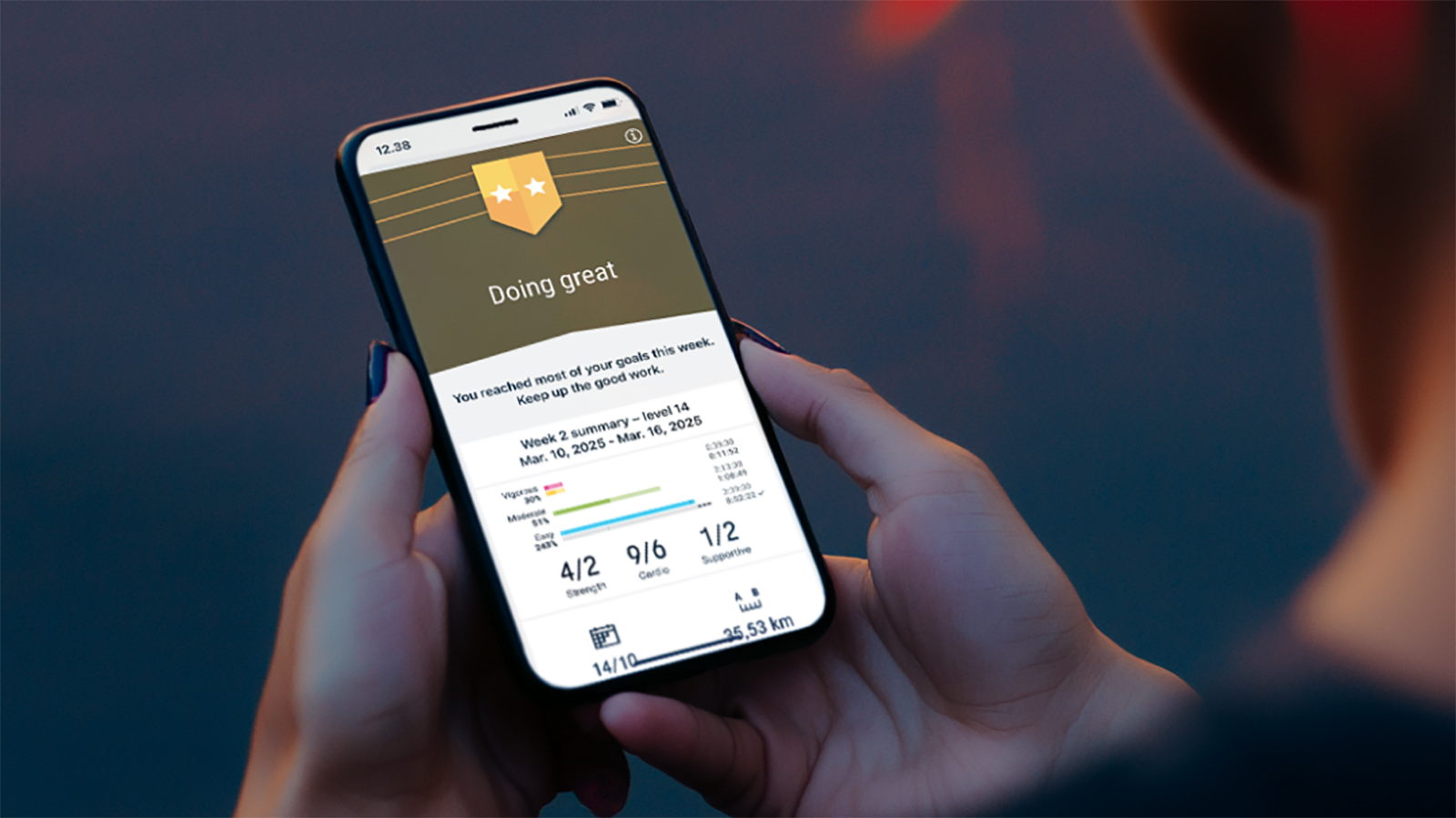 Polar’s new subscription feature lands in the shadow of Garmin’s Connect+ rollout
Polar’s new subscription feature lands in the shadow of Garmin’s Connect+ rolloutPR genius or timing disaster? Polar’s new Fitness Programme adds adaptive training to its ecosystem
By Matt Kollat Published